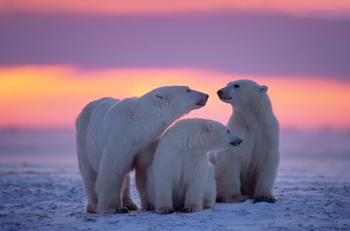
Report suggests cautious expansion and urges funding for indigenous participants.
A recent report by a private foundation highlights the tension between the Arctic Council’s desire to expand its clout and its reluctance to allow non-Arctic countries to influence its agenda.
The Council is an international organization created in 1996 to promotes cooperation on policy issues related to the Arctic region. Its members include Canada, Denmark, Finland, Iceland, Norway, Russia, Sweden, and the U.S., as well as “permanent participants” that comprise groups representing indigenous peoples.
The recent report on the Council by the Munk-Gordon Arctic Security Program of the Canadian Walter and Duncan Gordon Foundation, contains 19 recommendations to the Canadian government on initiatives to pursue as it launches its new, two-year term as Chair of the Council. Many of the recommendations focus on improving infrastructure and fostering public outreach.
Several recommendations are designed to expand the Council’s role as an international deliberative body for addressing governance issues among Arctic states. The report encourages the continued “evolution of the Arctic Council from a decision-shaping body into a negotiating forum for new binding agreements.” It notes that adding more “observer” countries could further this goal. For example, Singapore is an important member of the International Maritime Organization (IMO) and could facilitate agreements between the Council and the IMO.
However, the report also raises concerns that admitting large non-Arctic states such as China and India to the Council as observers would marginalize the interests of indigenous peoples. It suggests that any country applying for observer status should be required to affirm its commitment to the “sovereignty of Arctic states and the rights of Arctic indigenous peoples.”
Supporting the full participation of indigenous peoples in the Council was another key theme of the report. One proposal would create a funding mechanism in which member and observer states would subsidize travel and others costs incurred by indigenous delegates while participating in Council-related activities.



